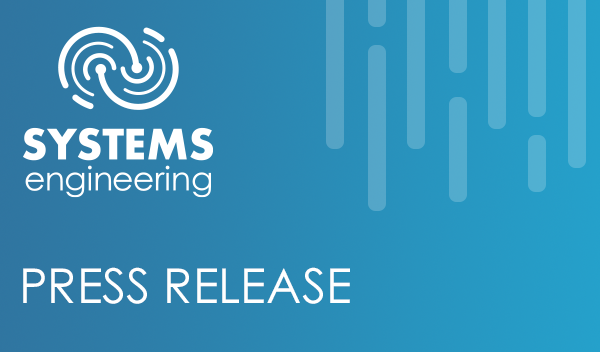MANCHESTER, NH - NOVEMBER 7, 2023 — The digital landscape continues to evolve, and with it, cyberattacks on state and local governments have grown substantially. Recent statistics indicate that a staggering 75% of these institutions face near-constant attacks1, making it crucial for government leaders to defend their networks and citizens proactively.
Unveiling State and Local Government Strategies to Strengthen Cybersecurity Resilience
Cyberattacks are on the rise. The Identity Theft Resource Center recently reported an annual all-time high in data compromises through the third quarter of this year1. The increase in cyber incidents means cybercriminals are sure to continue plaguing businesses well into the future. Consequently, cyber insurance coverage is now critical for small to medium-sized businesses (SMB) and is a key facet of any good defense strategy that prioritizes cyber resilience. Having this financial safety net in the event of a breach transfers a significant portion of the risk, ensuring you can cover the costs of recovery and remediation.
Today, applications and files are no longer all contained within your four walls. Your staff may work from home or is on the move which means they are accessing your company's data and apps from multiple locations and on multiple devices. Your business might require complex passwords, but in reality, your staff is most likely using the same passwords across personal and business accounts...and the cybercriminals know it. To prevent unauthorized network access, you need to know who is knocking at your network's door before you let them in. With Multi-Factor Authentication, or MFA, you can do just that.
The pace and severity of data breaches have cybersecurity professionals on the frontlines in a constant battle of what seems to be an unwinnable war against cybercriminals. The headlines are worrisome and have led to many sleepless nights for executives and IT leaders at small and medium-sized businesses (SMBs). The good news is that leadership can have an immediate and lasting impact on
Let's talk about Microsoft Copilot, an AI-powered tool designed to revolutionize the way we work. It's your copilot designed to unleash creativity, unlock productivity, and uplevel skills.
For the tenth year in a row, Systems Engineering has been honored as one of Maine's Best Places to Work. This ongoing recognition is a testament to our unwavering dedication to fostering a remarkable employee experience and cultivating our 100% employee-owned culture.
Today's rapid advancement of technology is opening up endless opportunities for business growth and innovation. This constant evolution is reshaping how companies operate, compete, and cater to customers. With technological advancements showing no signs of slowing down, how can your business find ways to stay current on emerging technologies and improve operational excellence with technology?












